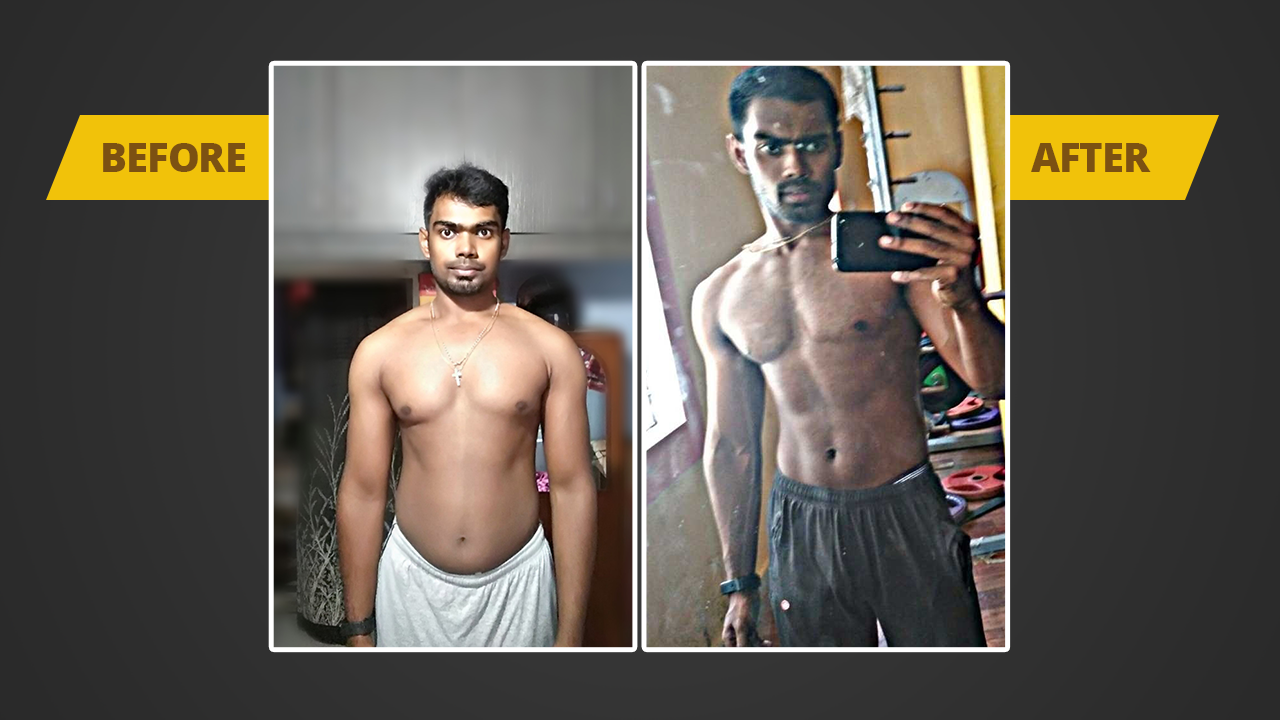
There are lots of habits which play a key role in maintaining good heart health. Eating right, being active, managing stress well and getting good quality sleep are just a few of them. Then, there are habits which are bad for heart health. These habits, over a period of time, if left unchecked, can increase the risk for heart disease. Let’s go over some of these eating habits that can affect your heart.
Top 5 Eating Habits That Are Bad For Heart Health
- Junk & Packaged Food: This one is a no-brainer. Eating junk and packaged food items like chips, namkeens, maggi and bakery items, etc. are bad for heart health. These food items are loaded with saturated fats and sodium which increase the amount of LDL (Bad cholesterol) in our body. High levels of bad cholesterol can build up plaque in the blood vessels and clog them, leading to atherosclerosis, heart failures and stroke.
- High Sugar Intake: Regular and high consumption of sugar can damage blood vessels and the nerves that control your heart, causing high blood pressure and damage to artery walls. Besides table sugar, there are many food items with hidden sugars that we should avoid like – bakery items, desserts, mithai, packed juices, and instant food items like ready to cook breakfast cereals, aerated drinks, energy drinks, etc.
- Overeating: Being overweight is a major risk factor for heart disease. Eating uncontrolled portions leads to weight gain which can cause a myriad of health issues. So avoid eating, not only high calorie foods in large quantities, but be careful about the portion of your regular meals as well.
- Eating Red Meat: Red meat is high in saturated fat and there’s also evidence that processed meat increases the risk of cardiovascular disease. Ideally, less than 10% of your diet should come from animals and animal products.
- Avoiding Fruits & Vegetables: Fruits and vegetables are a great source of Vit C and beta carotene. These antioxidants help prevent plaque deposition in the blood vessels. So, try including fresh fruits and vegetables in your daily diet.
Apart from the above mentioned foods, make sure you lead an overall healthy lifestyle to avoid facing any health issues. If you need help with improving your lifestyle or seek guidance to manage an existing condition, reach out to an expert by subscribing for GOQii’s Personalised Health Coaching here: https://goqiiapp.page.link/bsr
For more on heart health, check out Healthy Reads.
We hope this article helps you avoid these foods which are bad for heart health. Do leave your thoughts in the comments below!
#BeTheForce


 3. Uttanasana helps relax the muscles and eases the mind. It lowers high blood pressure and ensures that your heart remains healthy!
3. Uttanasana helps relax the muscles and eases the mind. It lowers high blood pressure and ensures that your heart remains healthy!
 5. Trikonasana or Triangular Pose relaxes the mind and calms down anxiety levels. This pose also opens and strengthens the chest area, and improves the digestive system.
5. Trikonasana or Triangular Pose relaxes the mind and calms down anxiety levels. This pose also opens and strengthens the chest area, and improves the digestive system. 6. Shavasana is another ideal asana for heart patients. This asana helps in repairing cells and tissues. It reduces blood pressure and assists in developing a better balance of the air element in the body.
6. Shavasana is another ideal asana for heart patients. This asana helps in repairing cells and tissues. It reduces blood pressure and assists in developing a better balance of the air element in the body. 7. Bhujangasana or The Cobra Pose is good for heart patients as it expands the chest area and relaxes muscles. As a result, blood circulation gets better and the heart feels reinvigorated.
7. Bhujangasana or The Cobra Pose is good for heart patients as it expands the chest area and relaxes muscles. As a result, blood circulation gets better and the heart feels reinvigorated.
 If you’ve ever suffered from heartburn, Zantac and Ranitidine might have been your knights in shining armor and if you’ve never had the misfortune of going through this, the aforementioned Over-The-Counter (OTC) drugs are used to cut down the production of acid in the stomach. There are many other OTC antacids such as Gelusil, that neutralize the acid in the stomach. While self-prescribing for relief from heartburn or GERD, have you ever considered that these antacids might actually be making your condition worse?
If you’ve ever suffered from heartburn, Zantac and Ranitidine might have been your knights in shining armor and if you’ve never had the misfortune of going through this, the aforementioned Over-The-Counter (OTC) drugs are used to cut down the production of acid in the stomach. There are many other OTC antacids such as Gelusil, that neutralize the acid in the stomach. While self-prescribing for relief from heartburn or GERD, have you ever considered that these antacids might actually be making your condition worse?



